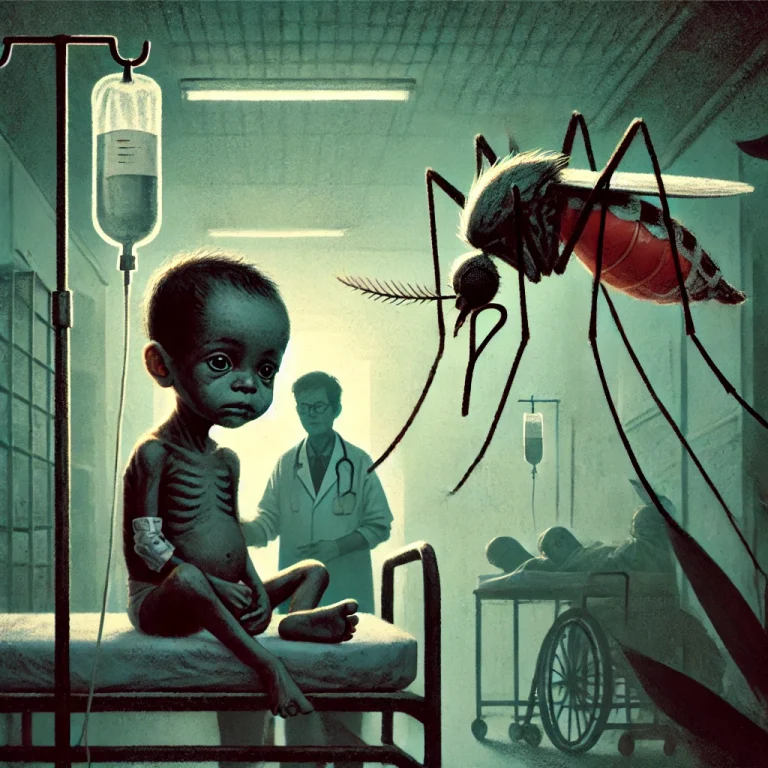The Katsina State Government has set up a special 15-member committee to look into and solve the problem of malnutrition in the state.
While launching the committee in Katsina, Governor Dikko Radda said the move was in response to recent reports that showed how serious the malnutrition problem is.
The Governor, who joined the event online, said the committee’s job is to study a recent malnutrition report by Médecins Sans Frontières (Doctors Without Borders) and find out which areas and families are most affected.
He also said the committee should suggest urgent ways to distribute food—especially grains—from the government’s reserves to those who need it most.
Governor Radda thanked God for the chance to face the issue and said the MSF report, even though parts of it are debated, served as a much-needed wake-up call.
He shared his personal experience visiting one of the centers in July, saying what he saw was heartbreaking.
He admitted that malnutrition is a serious problem—not just in Katsina, but across Nigeria.
He said the government must take action to ensure every child stays alive, gets an education, receives healthcare, and has access to basic needs for a better life.
Radda called for quick results, asking the committee to submit its report as soon as possible so action can begin.
He also thanked everyone—both supporters and critics—whose comments helped push the government to act faster.
The Deputy Governor, Malam Faruk Lawal-Jobe, also spoke at the event. He said the government is fully committed to ending malnutrition and that the committee’s work will help guide its response.
He added that the committee would deliver its findings within two weeks from the day it was formed.
Dr. Ahmed Filin-Samji, head of the Zakat and Waqaf Board, will lead the committee as Chairman. Abdulrahman Abdullahi, who leads the Civil Society Organisations, will serve as Vice Chairman.
Other members of the committee include representatives from the Katsina House of Assembly, Ministry of Special Duties, Katsina and Daura Emirates, Islamic groups (Izala and Darika), ALGON, the State Primary Healthcare Agency, and the state’s Statistician-General, among others.


